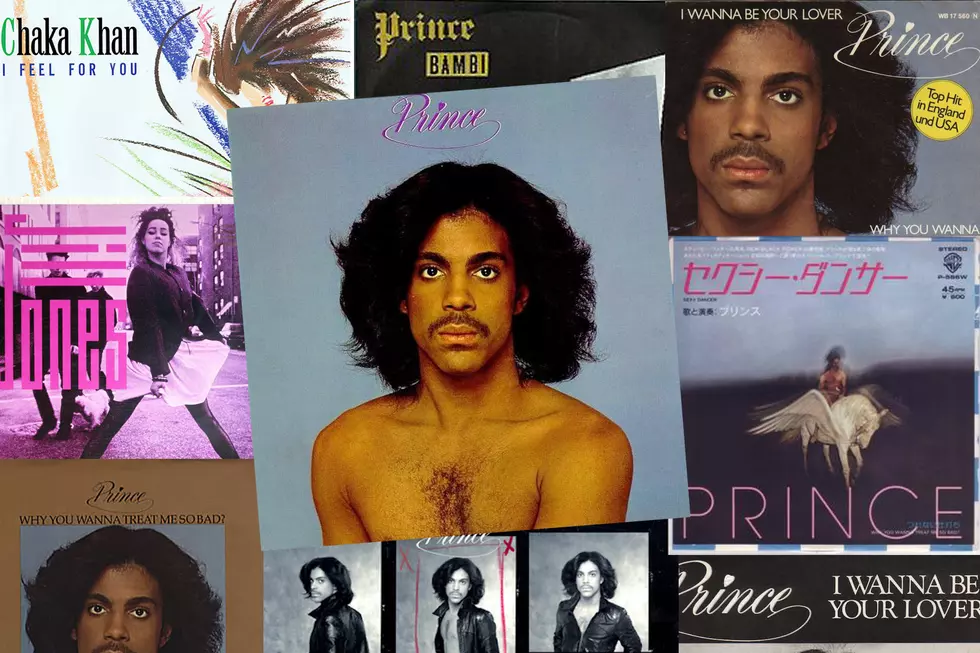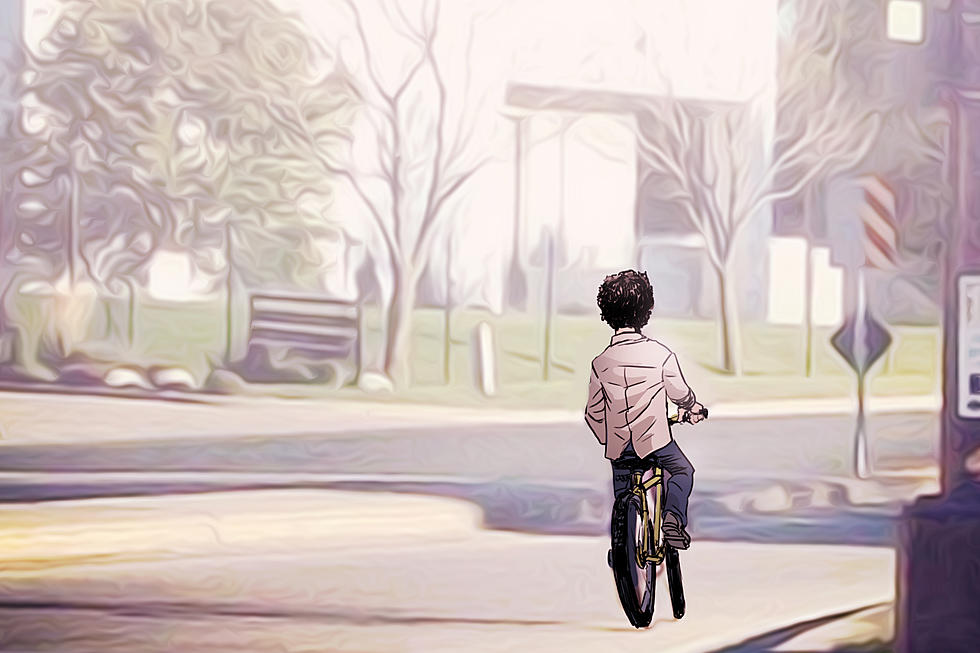The Devil’s in the Details in Prince’s ‘Diamonds and Pearls': 365 Prince Songs in a Year
To celebrate the incredibly prolific, influential and diverse body of work left behind by Prince, we will be exploring a different song of his each day for an entire year with the series 365 Prince Songs in a Year.
We love Prince for a great many reasons—the endless stream of great songs; the sweaty, life-affirming live performances; the virtuosity on just about every instrument one can think of; his occasionally … um … daring costume choices.
What he brought to each of these aspects of his art was his cocksure style, his swag, his panache, his—dare I say, in French no less—joie de vivre. Prince always exhibited a uniquely Princian energy, and a confidence bordering on arrogance. He knew he was the baddest man in the room - any room - and even his most heartfelt moments, when most artists would be laying bare their souls, are delivered with more flair than vulnerability.
Think of the end of "Purple Rain"—with the wordless falsetto call and chill-inducing guitar solo—or even the vocal ad-libs in "Sometimes It Snows in April," one of his quietest, yet most intense songs. In these and other examples, even as you're swept up in the emotion of it all - perhaps even laying your own experience over the words and music, making it your own - you're never able to forget you're in the presence of quite possibly the greatest performer you've ever heard. He won't let you. Quite possibly, he can't let you.
Except, of course, when he wants to. Take the title track of 1991's Diamonds and Pearls. It was a big hit on a big album for Prince, who had taken a critical spanking the previous couple years, for his Batman and Graffiti Bridge soundtracks. As a result, Diamonds and Pearls was considered something of a comeback record, and while he had had a larger cultural presence in the decade prior, the album kept him in current conversation - a relevant and viable hit-maker, instead of merely a heritage artist.
"Diamonds and Pearls" hit the Top Three, but it wasn't, on the surface, as transcendent a song as one might hope from Prince. First, there's not much going on lyrically. The verses sometimes come off as a little on the written-in-five-minutes side ("This will be the day / That u will hear me say / That I will never run away"; "There will come a time / When love will blow your mind / And everything u'll look 4 u'll find"). There's a bit of gender ambivalence in the chorus ("If I gave you diamonds and pearls / Would you be a happy boy or a girl?"). And there's a rather pointless refrain in the middle of the song (the "D to the I to the A to the M / O to the N to the D to the pearls of love" part) that seems placed simply to give Rosie Gaines some solo vocal time.
But what makes the song extraordinary are the details. The verses are set to a 17-note descending melody that is reminiscent of a classical composition, a motif that is repeated throughout the song. It's a meticulously crafted element, not something one imagines he made up while strumming a guitar in an offhand moment.
Speaking of guitars, there are recurring spikes of sound that sound kinda-but-not-quite-like an electric guitar. They go by quickly—you'll miss them if you're not listening for them. Turns out, they're not guitars at all, but bits of synthesized sound emanating from the Purpleaxxe—a portable synth (think Jan Hammer's keytar) that Prince invented and actually patented. The Purpleaxxe is also responsible for the layered fanfare after the second chorus (another splendid detail—not many Top Three songs at the time came with fanfares).
And then there's Ms. Gaines—her voice provides the perfect counterpoint to Prince's restrained croon. She herself comes off as restrained - she's a force of vocal nature, to be sure - but her harmonies make the chorus sound big, bigger than it might have otherwise had Prince just stacked tracks of his own voice and mixed them into a towering choir of Nelsons.
That's what we might have expected from the baddest man in the room. Instead of doing that, though, he inserted something different and cool - a bit of detail that made his song a more powerful thing.
More From WKFR










